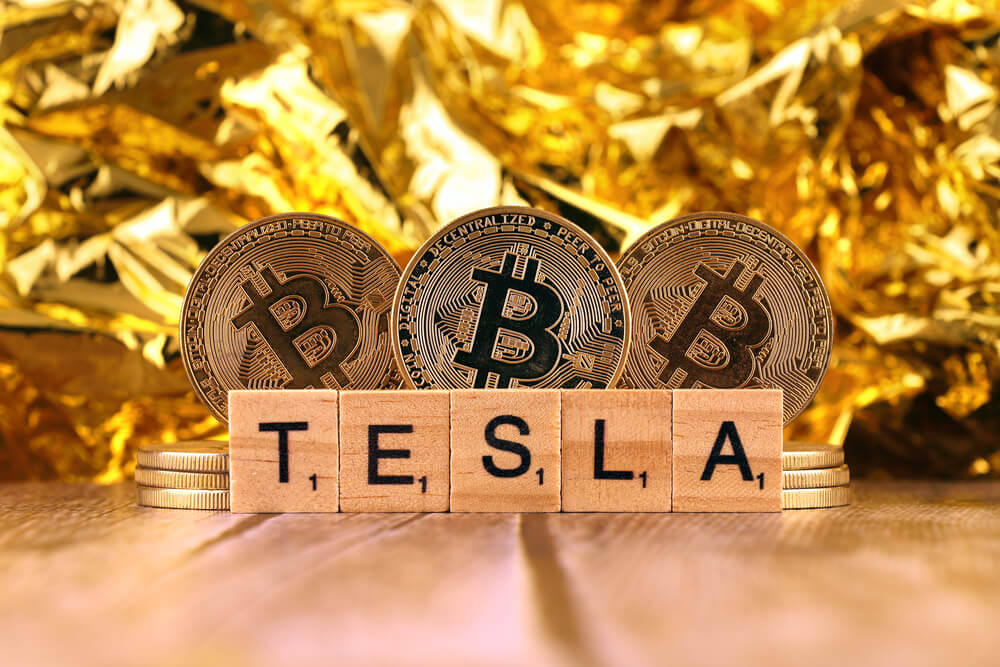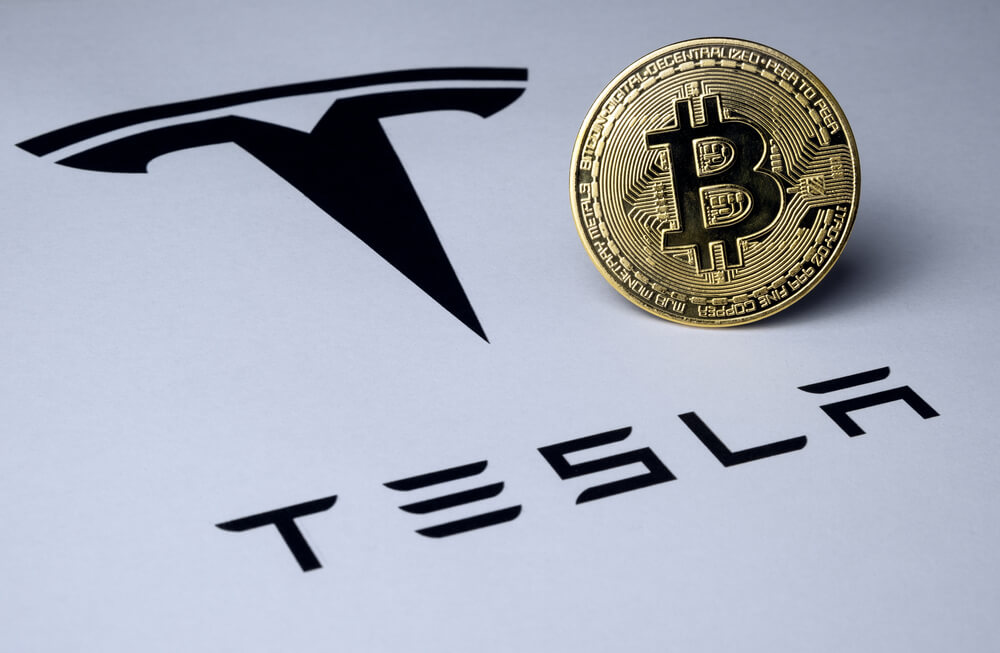El Salvador is the first country in the world to have adopted bitcoin as legal tender
For the first time in history, bitcoin has been introduced as legal tender. It happened in El Salvador on June 9 after the Congress where the President of El Salvador, Nayib Bukele came up with the idea to embrace this cryptocurrency, and the idea was supported by 62 out of 84 votes. The new law will come into force in September. In the nearest future, prices will be demonstrated in bitcoin as well, taxes may be paid in this currency, and firms will accept it as a payment for goods and services.
What are the President’s considerations behind the idea to adopt bitcoin on the state level?
El Salvador is a small country in Central America with about 6.5 million people and less than 0.05% of global GDP.
Let’s get to the meaning of “legal tender”. As we know, in most countries in the world, and El Salvador in particular, bitcoin is already legal. That means if you want to pay in bitcoin, you can do it if the payee agrees. When bitcoin becomes “legal tender”, it is obligatory for the recipient to accept the payment irrespective of his or her willingness.
The official currency of El Salvador is currently the US dollar. The new law suggests that the exchange rate between the dollar and bitcoin will be set up liberally by the market. It is also stated in the law that people will be educated to make the transactions in bitcoins available and easy for an average citizen. Conventional financial services are not accessible for about 70% of the El Salvadorian population. Moreover, it will make it easier for Salvadorans living abroad to make cash transfers back to the country to help their families. Theoretically, money in cryptocurrency will be transacted without any bank charges and unmediated by remittance firms. Nowadays remittances to El Salvador make the fifth of its GDR ($6 billion), which is the highest index in the world.
Therefore, the currency overhaul is regarded as a means of greater financial integration. It is going to promote economical prosperity, investment, and tourism, according to Bukele.
However, the decision to introduce bitcoin in El Salvador has been criticized by those who don’t approve of the cryptocurrency. Let’s take into account its changes in values. In a month it has decreased from about USfirms will accept it,$58,000 to US$31,428. Just during last week, bitcoin’s value varied between US$38,200 and US$31,428. It rose by 5% after the vote.
Such swings are not a desirable feature in any currency. They show the currency’s instability and weakness and prove it’s a doubtful option among the central bank currencies. On the other hand, it may be useful to make transactions you are reluctant to be tracked.
Some Salvadorans claim they can’t accept the adoption of bitcoin as they can’t see it and therefore can’t grasp it. They also recall the abandoning of their currency colon and adoption of the dollar in 2001. This move was made to raise trading with the USA and control inflation. But it also had all the undesirable consequences for penniless people.
Fears exist that bitcoin adoption will encourage black economy and tax dodging.
Having no currency of its own, El Salvador loses nothing by establishing the second legal tender. It won’t forfeit its monetary policy autonomy and sovereignty.
Bukele admitted that he had been inspired by the Bitcoin Beach project. Last year it established the cryptocurrency in an El Salvador beach town. Bukele cooperated with Jack Mallers, CEO of Strike, a digital wallet, to devise the bitcoin plan.
It cannot be predicted now if other countries will follow El Salvador’s example and whether it was a good decision or not. Time will show.


